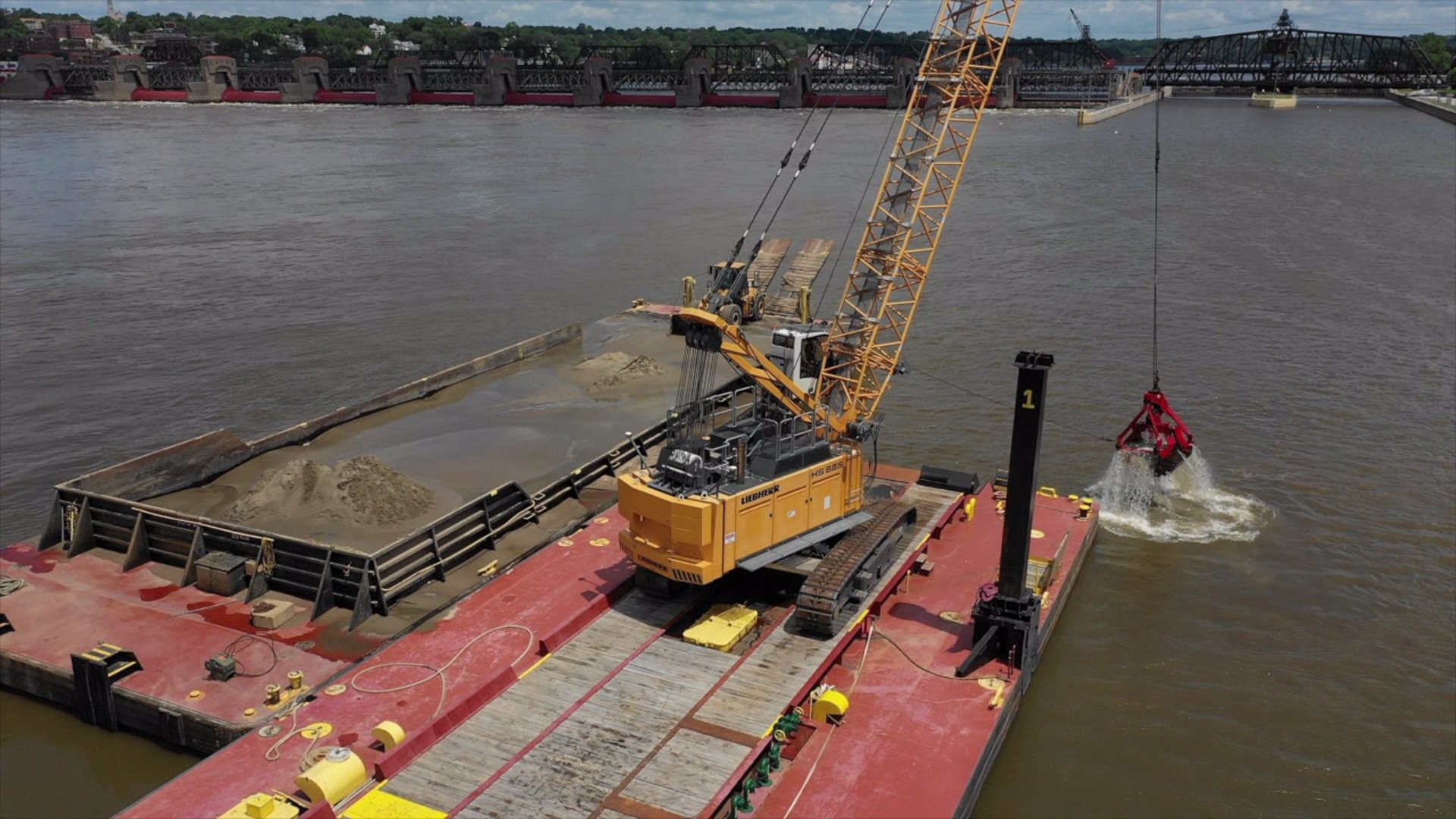

Coetzee - dramatize the tension between memory and oblivion.

In particular, recent books by two leading novelists - the Japanese-born, U.K.-raised Kazuo Ishiguro and the South African Nobel laureate J.M. Recognizing that age-old political and religious hatreds are among the leading threats to peace, some novelists today are viewing historical recollection in a new way: not as a duty, but as a burden. In some cases, “memory wars” turn into actual battles. Much of modern politics - in places such as China, Rwanda, the Middle East, Venezuela, and Ukraine, to name a few - turns on whether, and how, national histories are ey toept alive. The question is provocative, since it seems to defy a sacred ethical principle of our time, which is the duty to honor the victims of history. This anecdote gets straight to the moral quandary at the heart of Rieff’s earnest and searching book: Is collective memory always a good thing, or does a harmonious future depend on moving beyond old grievances? It turned out to be blank except for a date: 1453 - the year Orthodox Constantinople fell to the Muslim Ottomans.” The religious and ethnic war of the 20th-century Balkans, the note implied, was rooted in injuries dating back centuries. “As I was leaving his office,” Rieff writes in his new book, In Praise of Forgetting, “one of his young aides pressed a folded bit of paper into my hand. In 1993, during the Bosnian war, the American journalist David Rieff went to Belgrade to interview a leading Serbian politician.


 0 kommentar(er)
0 kommentar(er)
